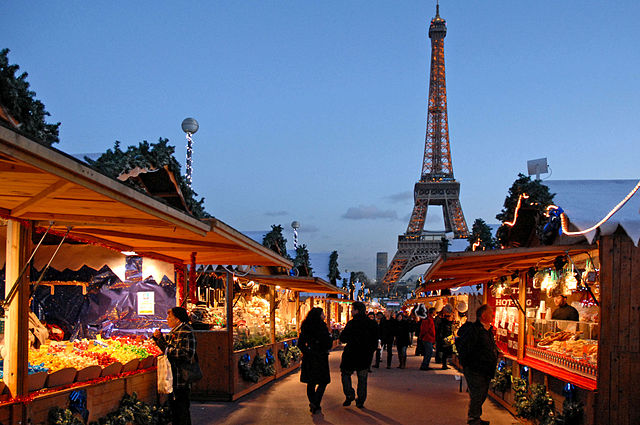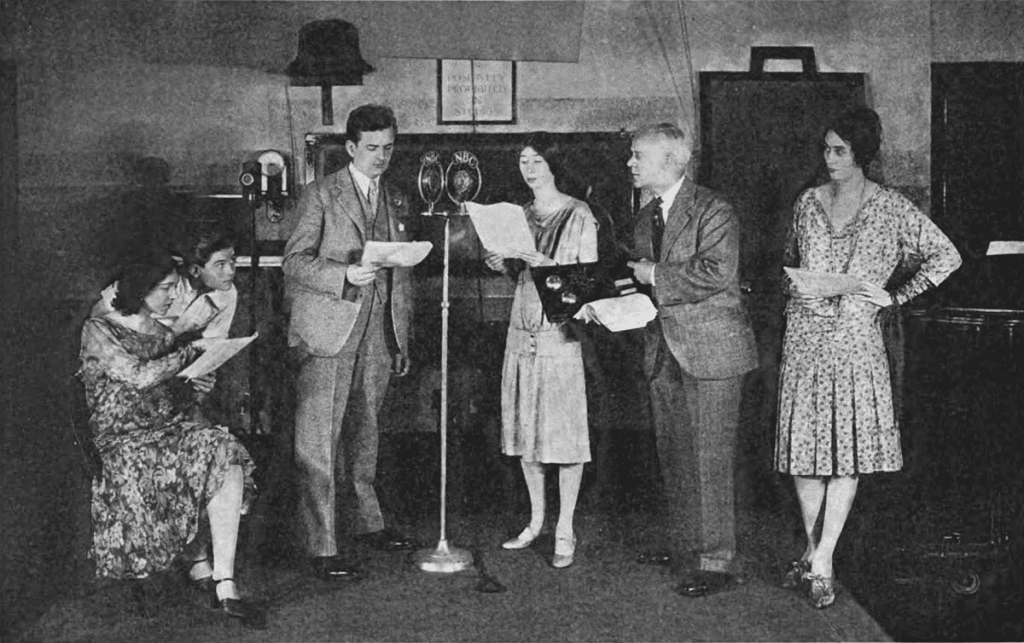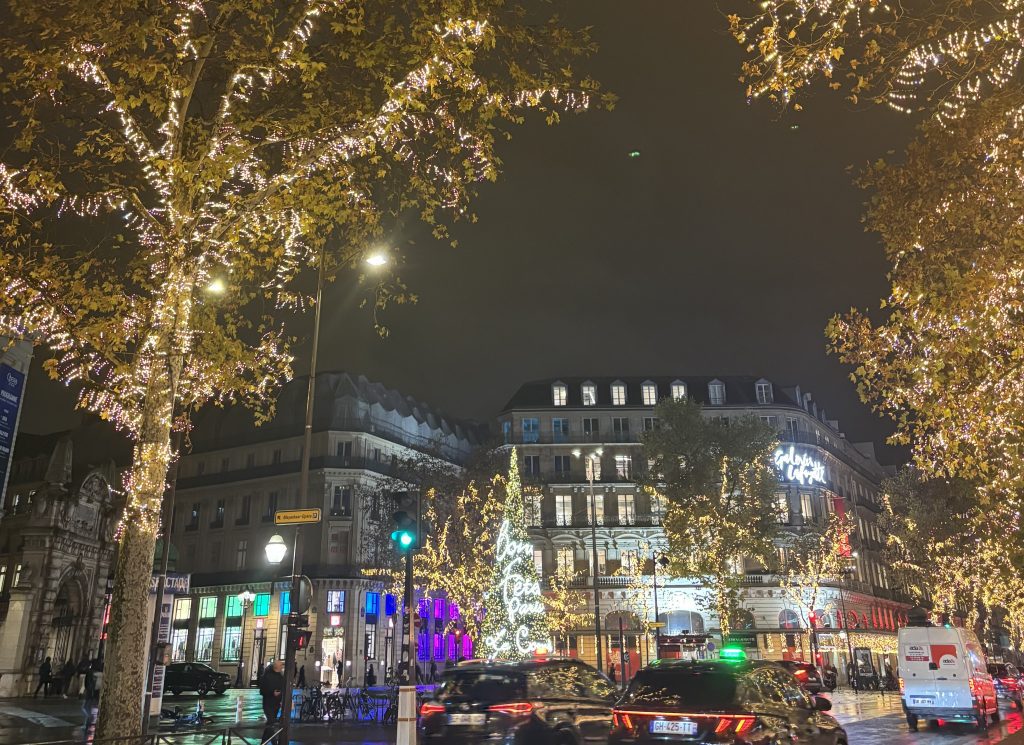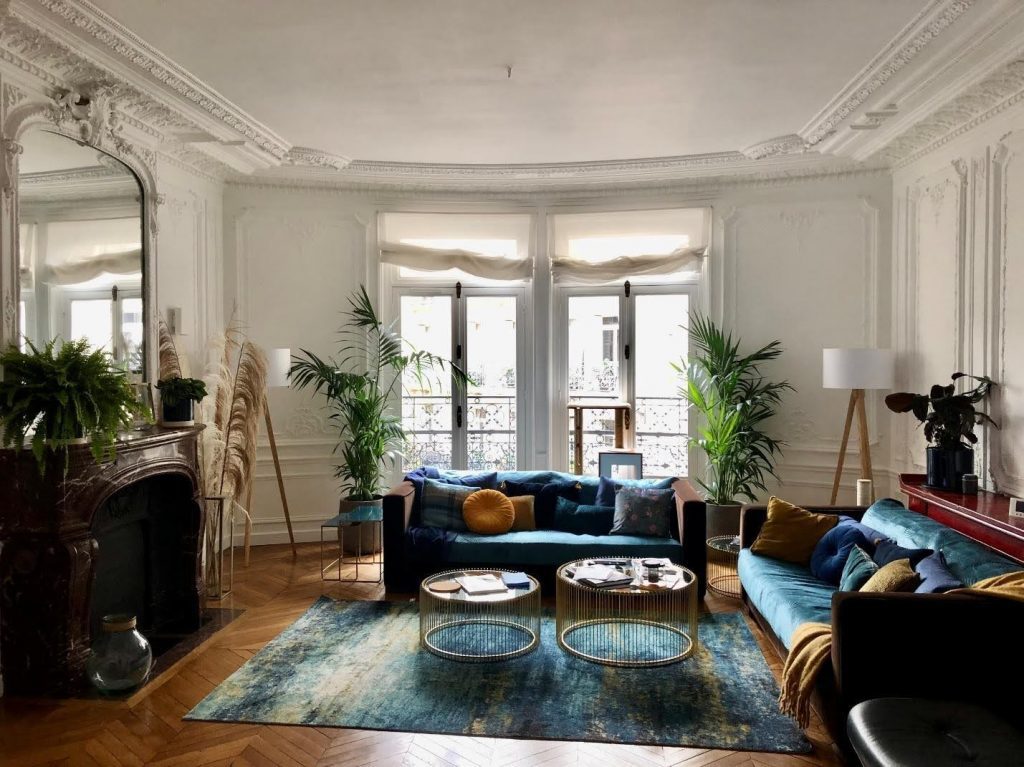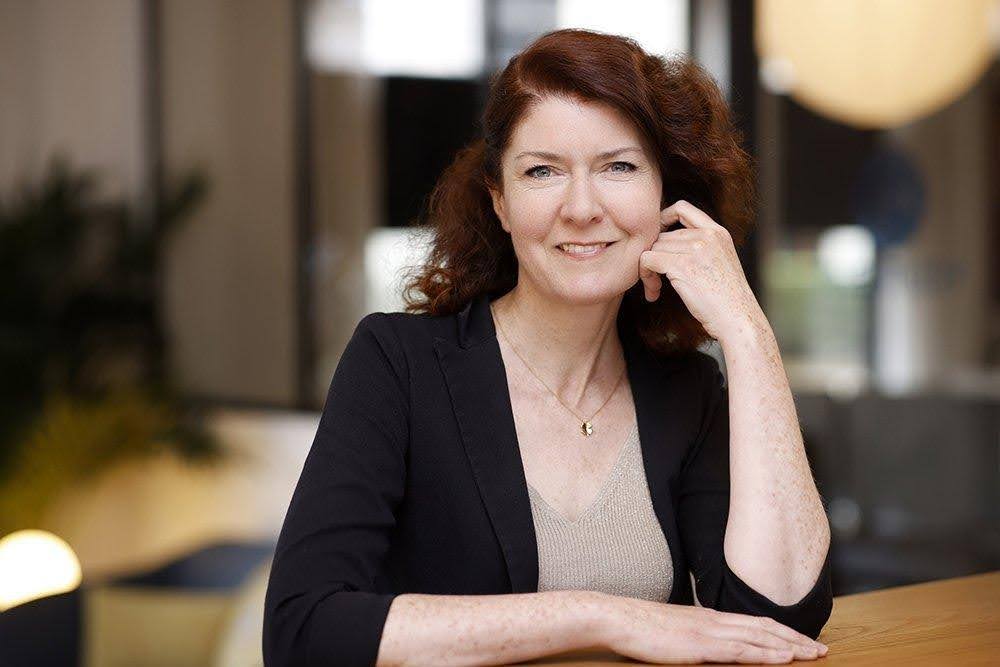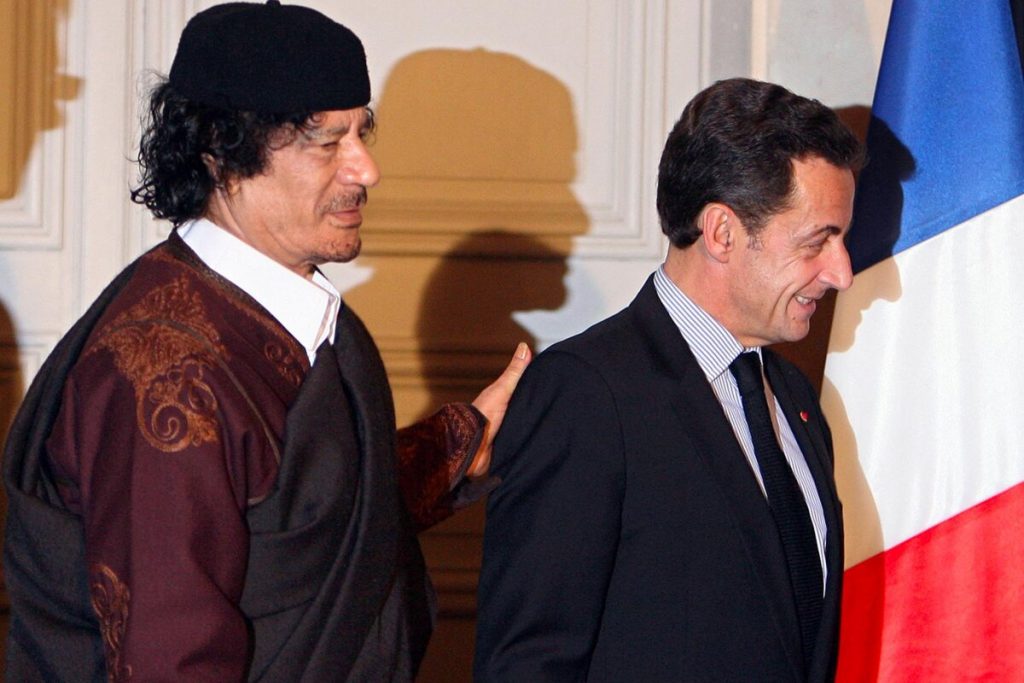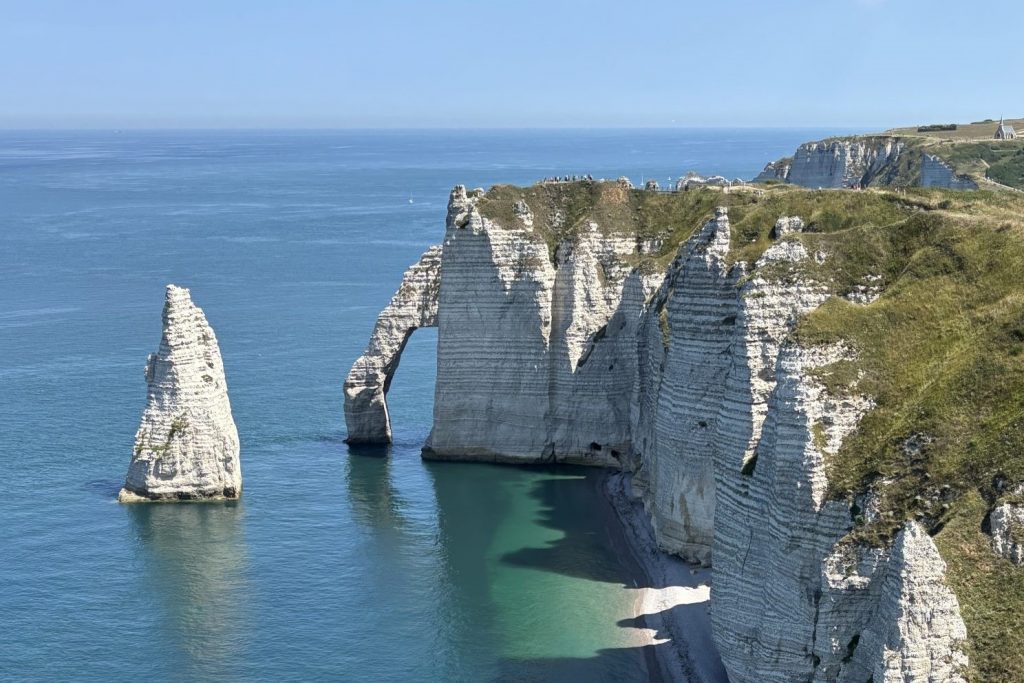
The Afterglow of New Year’s
Article by Aïda Zaher
We are all familiar with celebrating New Year’s Eve on December 31st at midnight. There are parties and gatherings everywhere, and we close the year with a countdown that usually ends in a spectacle of fireworks. We scream “Happy New Year!” to each other and step into January with a renewed sense of enthusiasm and anticipation for the chapter that has just begun.
Down here in the South of France, right when the clock struck midnight on New Year’s Eve, the bay of Cannes erupted in a spectacular show of fireworks. This year, the city even turned it into a double celebration, choosing Marilyn Monroe as the theme to honor a hundred years since her birth. A little further to the east, in Monaco, crowds gathered on Port Hercule, and at midnight on the dot, the Principality’s sky lit up with an equally dazzling show. New Year’s Eve is like the grand finale of the show, always ending with a bang.
But what about the day after? New Year’s Day. The afterthought of the finale. The Afterglow.
Think of it as the comedown after the climax. By morning, all the music has faded, and all the celebrations have become a distant memory. It’s the beginning of a new season. We think about our plans for this year: how we are going to keep telling our story, what elements are we adding, or removing, in this new chapter. It’s a fresh start worth celebrating with equal excitement as the one we show at the end of the year.
In fact, in Juan Les Pins, Antibes, at 6 p.m., right as the sun was starting to fade into the night, the sky lit up with a show of fireworks celebrating just that: beginnings. It wasn’t at midnight like the night before, but right as dusk fell on the first day of the year. It was almost like a call for people to wake up from the slow, quiet dream that is New Year’s Day and start turning these resolutions into reality.
As the show went on, more people gathered on the bay. For fifteen minutes everyone was staring in awe of the colors fired in the sky, and when it ended, a huge round of applause rose from the bay. It is with this beautiful kind of motivation that we pick up where we left off and forge ahead with our story.
And so, that’s the difference between the fireworks at midnight and the ones at dusk. It’s important to celebrate the ending of a season right when it ends, but it’s also important to mark the beginning of a new one with equal passion.
Happy New Year, friends.

